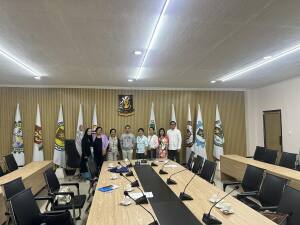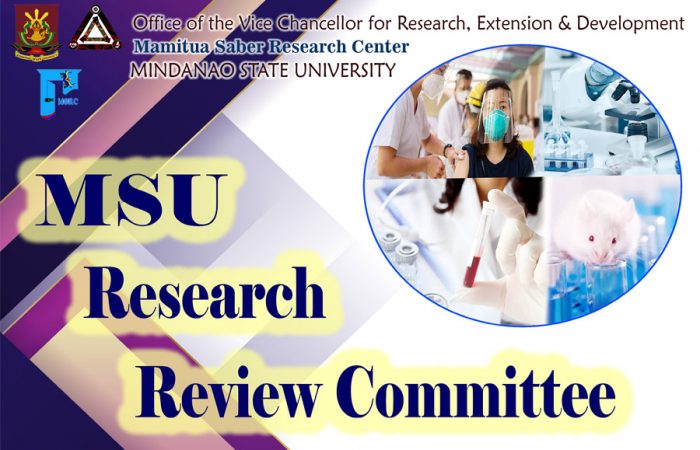Ethics is what guides us to tell the truth, keep our promises, or help someone in need. There is a framework of ethics underlying our lives on a daily basis, helping us make decisions that create positive impacts and steering us away from unjust outcomes
Ethics is what guides us to tell the truth, keep our promises, or help someone in need. There is a framework of ethics underlying our lives on a daily basis, helping us make decisions that create positive impacts and steering us away from unjust outcomes
The Mindanao State University Alumni Association is excited to announce the arrival of MSU Alumni Connect. This is a new community building platform for MSU alumni. It is the only place online where you can find, and connect with, all 90,000 MSU alumni. All alumni are automatically enrolled!
The Mindanao State University (MSU) was created under Republic Act 1387 as amended. The Principal author of this Act was the late Senator Domocao Alonto.
The Mindanao State University Alumni Association is excited to announce the arrival of MSU Alumni Connect. This is a new community building platform for MSU alumni. It is the only place online where you can find, and connect with, all 90,000 MSU alumni. All alumni are automatically enrolled!
The Mindanao State University (MSU) was created under Republic Act 1387 as amended. The Principal author of this Act was the late Senator Domocao Alonto.


